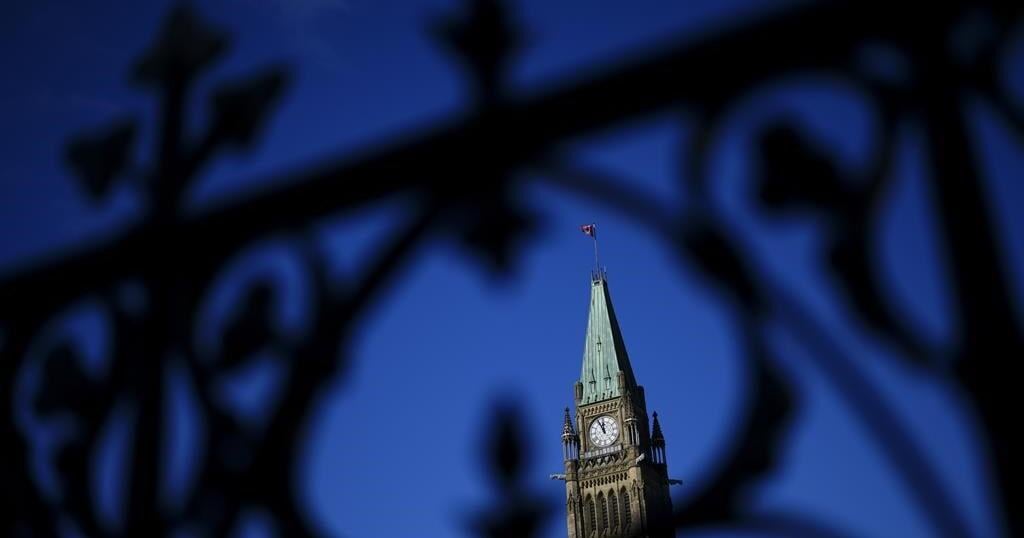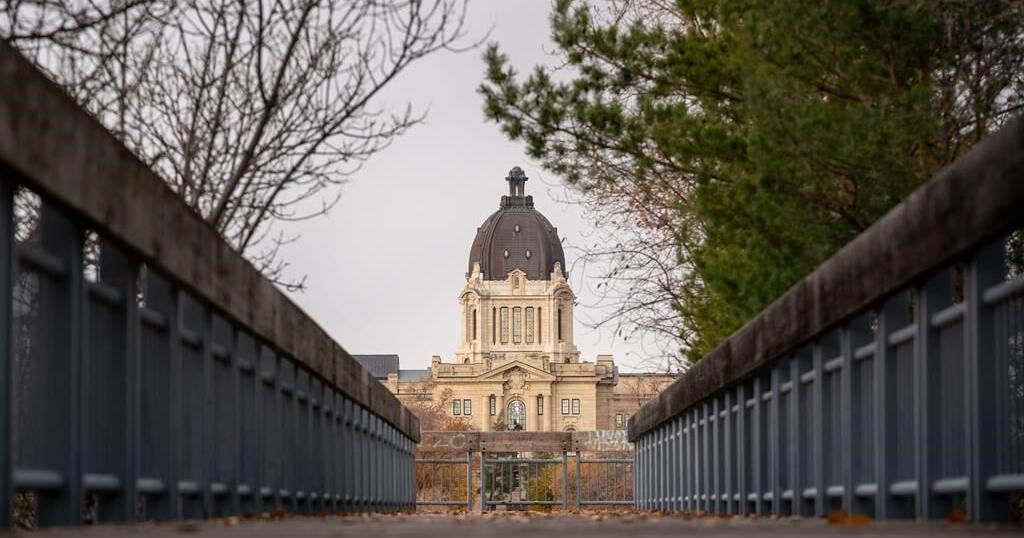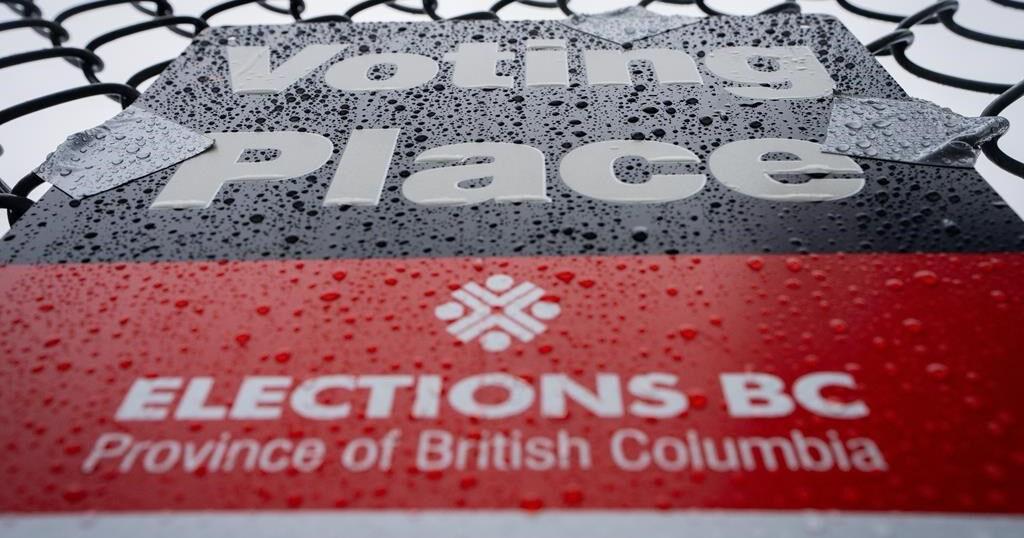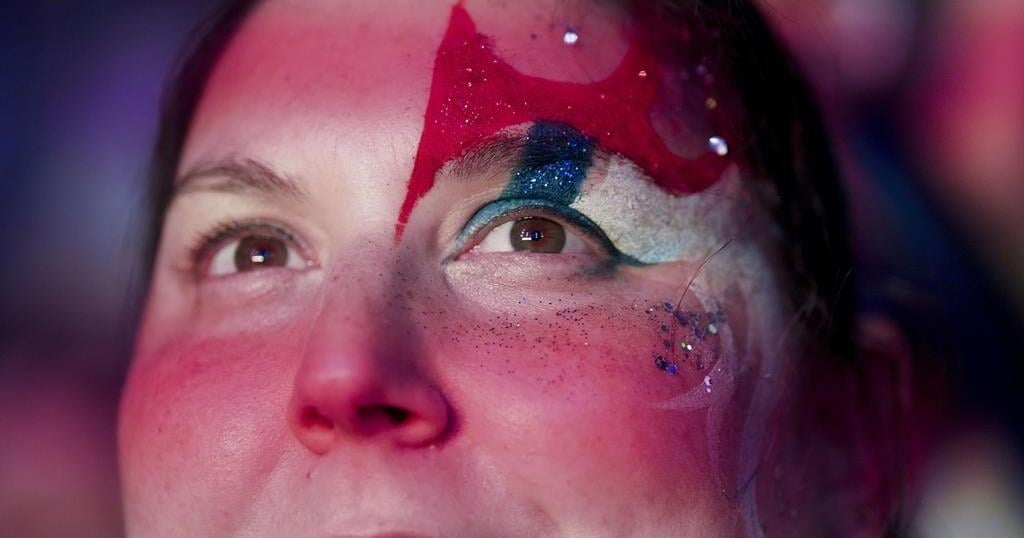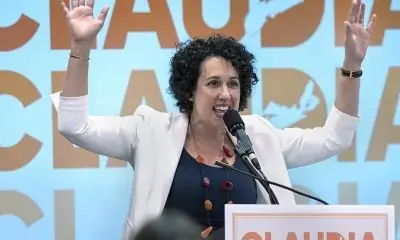MONTEVIDEO, Uruguay (AP) — Voters in the small South American nation of Uruguay cast ballots Sunday in a presidential election in which a center-left rural mayor pulled ahead of the conservative incumbent-party candidate and pushed the race into a second round of voting.
Both of the leading candidates — a two-time mayor and former history teacher, Yamandú Orsi, and the center-right ruling party’s candidate, Álvaro Delgado — told crowds of supporters late Sunday that they expected to face each other in a runoff on Nov. 24, reflecting official election results with over 80% of votes counted.
The outcome came as little surprise. But the civility of the presidential race was striking, the contest between moderates defying trends of bitter division and democratic erosion seen across the region and further north in the United States.
Orsi, representing Uruguay’s center-left Broad Front alliance that held the presidency in Uruguay from 2005-2019, went into the election as the front-runner, reflecting a desire for a stronger social safety net in one of Latin America’s most expensive countries, where one in five children lives in poverty and an aging population has clamored for higher pensions.
“We are going in for these 27 days,” Orsi told thousands of energized supporters in Montevideo, referring to his final campaign push ahead of the run-off set for Nov. 24. “The Broad Front is once again the most voted party in Uruguay.”
Delgado — the former chief of staff of President Luis Lacalle Pou who trained as a veterinarian — campaigned on pledges to continue the policies of Lacalle Pou, who has a 50% approval rating. The constitution bars the current president from running for a second consecutive term.
“People placed their trust in us,” he told a massive gathering of his supporters shortly after midnight. “Tomorrow we will be meeting to plan the campaign for the runoff.”
Delgado was joined onstage by the election’s most dynamic candidate, Andrés Ojeda, 40, who placed in a distant third but secured a surprisingly strong showing for a muscular, media-savvy lawyer with a penchant for adopting dogs and discussing star signs.
He sought to energize apathetic young voters with splashy campaign videos showing him lifting weights in tight undershirts at the gym.
“The government cannot be won without us,” Ojeda said at an election night event alongside Delgado.
Exit polls by four prominent polling agencies showed Orsi leading his rival with 42%-44% of the vote, falling short of the 50% threshold needed to avoid a runoff on Nov. 24, reflecting voter apathy in the civilized presidential race between rivals whose priorities overlap.
The polls showed Delgado clinching 27-28% of the vote.
Electoral officials reported a turnout of 89% of 2.7 million eligible voters in Uruguay, widely considered a model democracy and bastion of stability where voting in presidential and congressional contests is compulsory.
The electoral contest has largely focused on the rise in homicides and robberies, with the governing coalition advocating a tough-on-crime approach and the liberal coalition seeking to increase the state’s role in security matters.
Over its 15 years in power, the Broad Front presided over robust economic growth and socially liberal laws that raised the tiny country’s global profile with the pioneering legalization of abortion, same-sex marriage and marijuana for recreational use. Uruguay has also developed one of the world’s greenest grids, powered by 98% renewable energy.
With Orsi’s working-class roots, casual wear and promise to eschew many of the benefits enjoyed by heads of state, voters appeared to endorse a candidate with the same folksy appeal as former President José “Pepe” Mujica.
The eccentric former guerrilla and present-day chrysanthemum farmer helped spearhead Uruguay’s transformation into the continent’s most socially liberal country during his 2010-2015 presidency.
Now 89, Mujica is battling esophageal cancer, but he still managed to cast his ballot in Montevideo on Sunday. Arriving to vote in a wheelchair, he was quickly swarmed by reporters.
“We need to support democracy, not because it is perfect, but because humans have not yet invented anything better,” he told journalists.
The presidential campaigns have played out in Uruguay without the vitriolic insults and personal attacks seen next door in economically dysfunctional Argentina or in politically polarized Brazil.
“In a way, Uruguay has been boring, but boring in this sense is very good,” said Juan Cruz Díaz, a political analyst who runs the Cefeidas consultancy group in Buenos Aires. “We’ve seen so many dramatic changes in Argentina, Brazil, Ecuador, Colombia and suddenly we face elections in Uruguay in which there is a general consensus, there’s stability.”
More divisive than the race itself was a constitutional referendum that would have overhauled Uruguay’s social security system by lowering the retirement age, boosting minimum payouts and transferring Uruguayans’ privately managed savings to a government-run trust.
Exit polls indicated that voters rejected the radical $23 billion proposal, which would have expanded the fiscal deficit and spooked markets.
___
DeBre reported from Buenos Aires, Argentina

